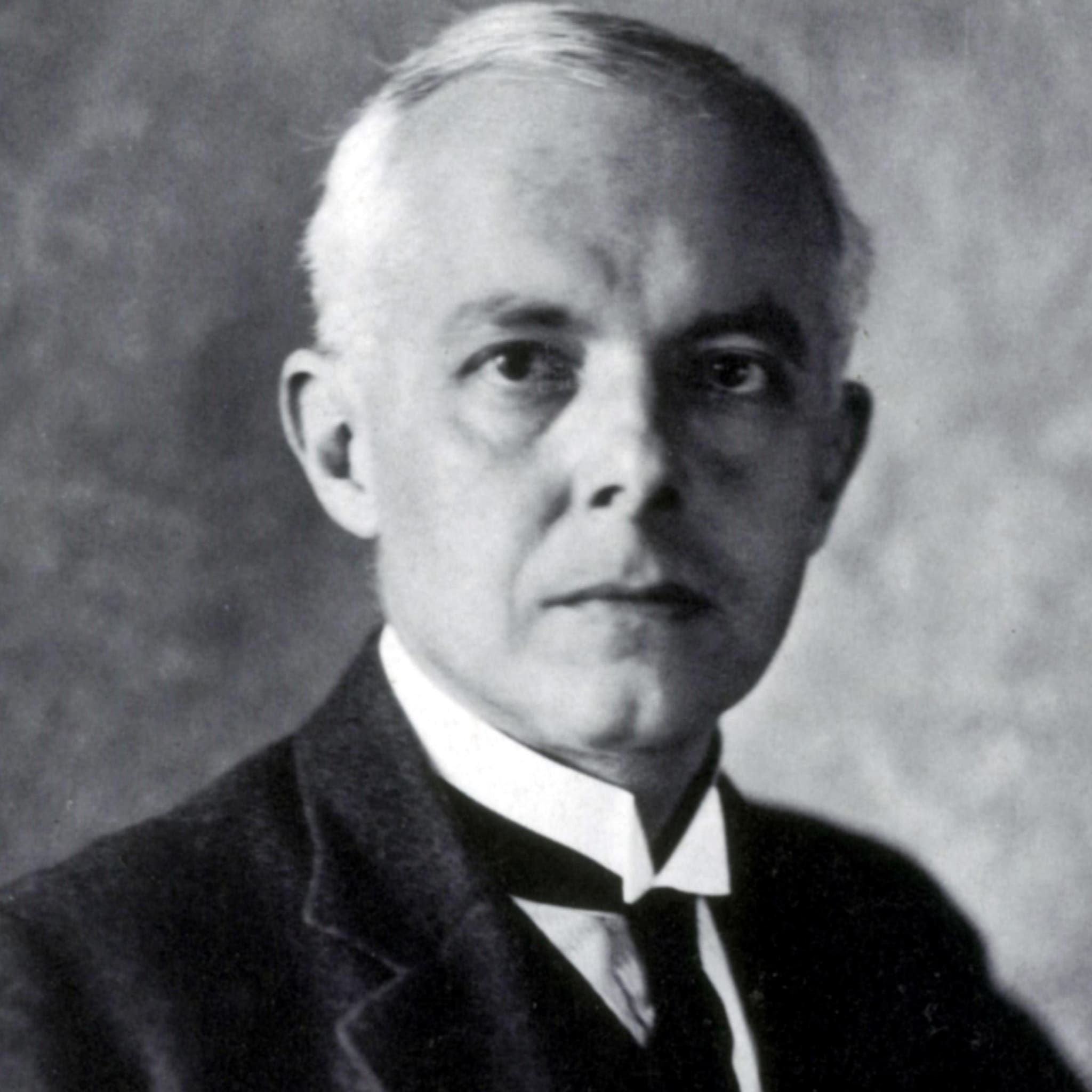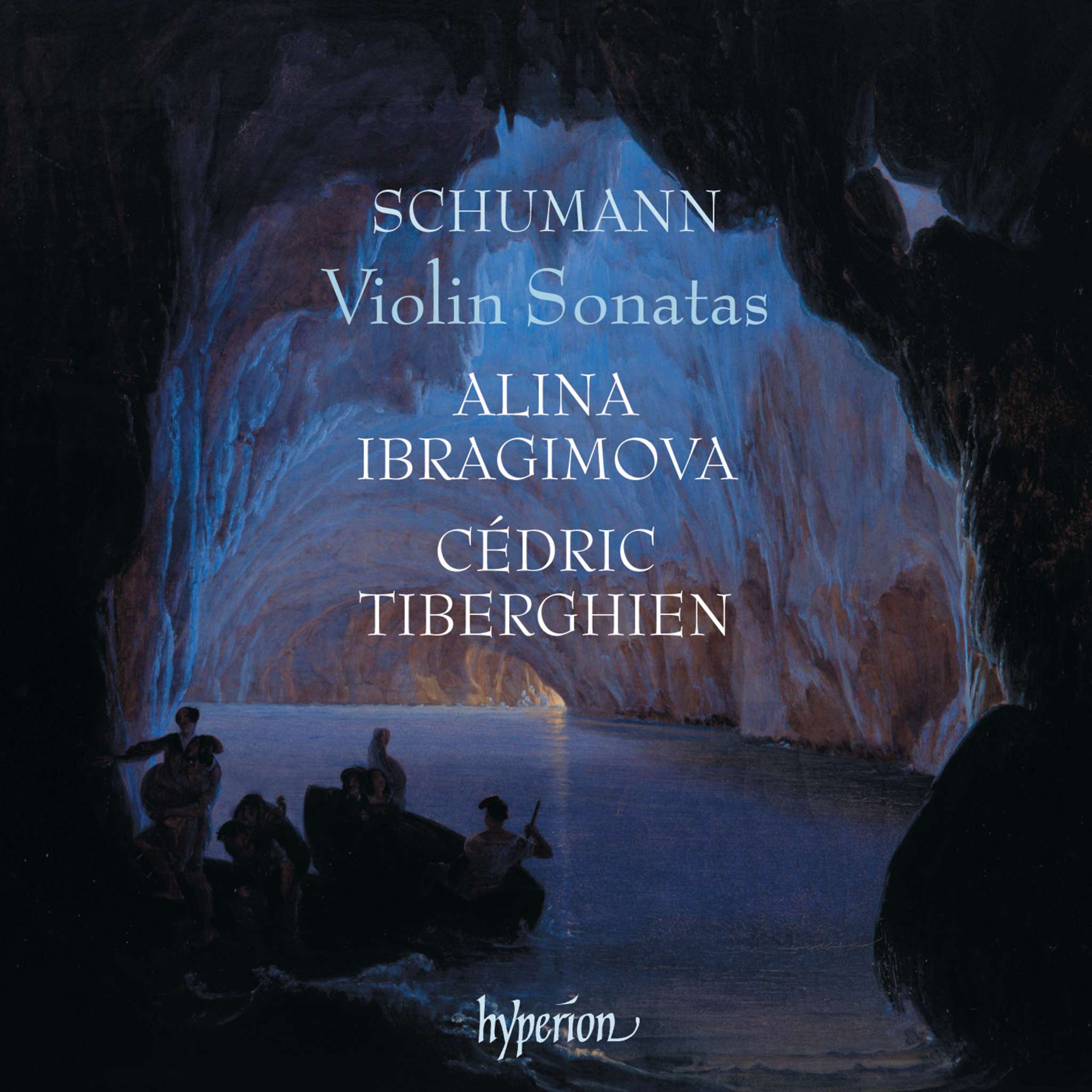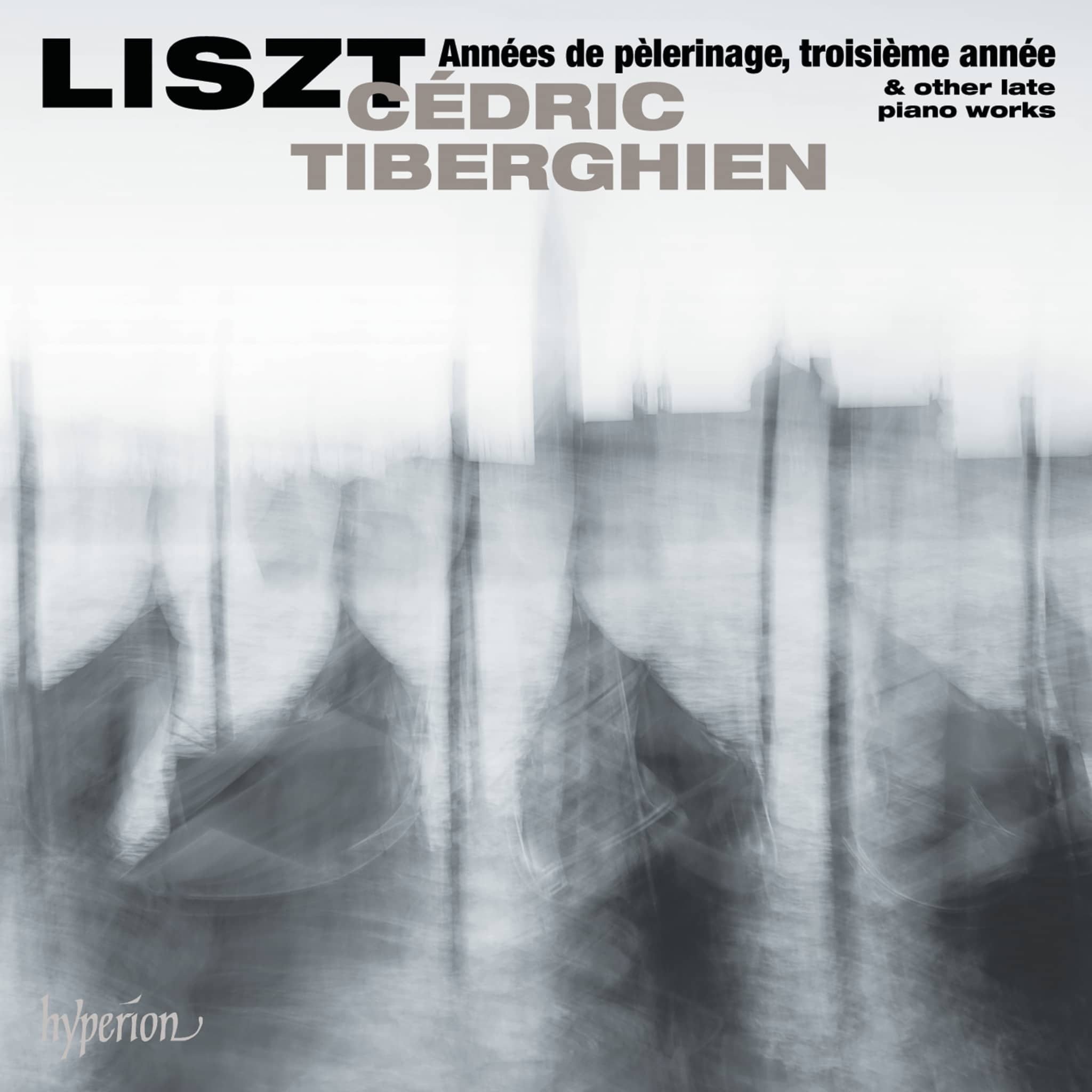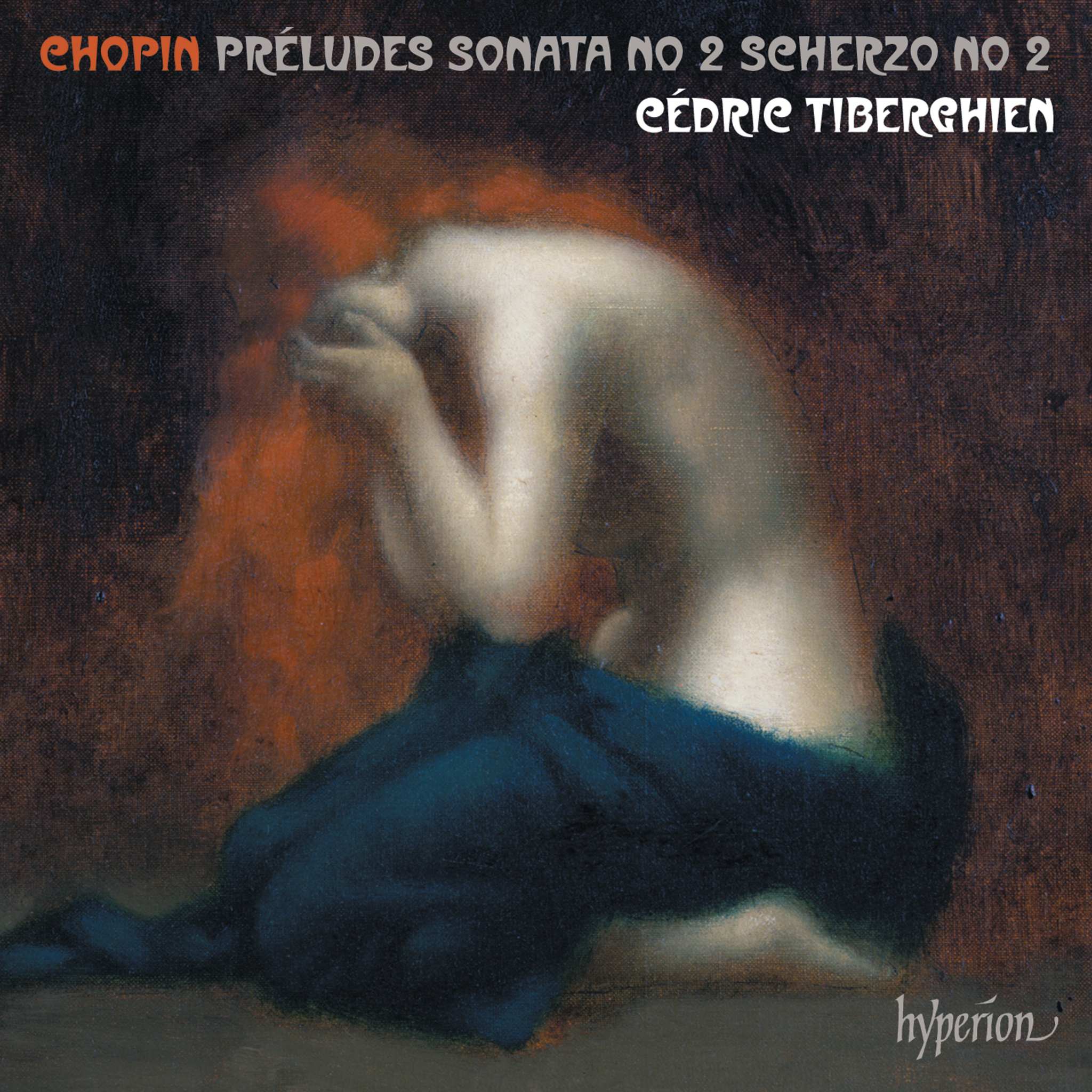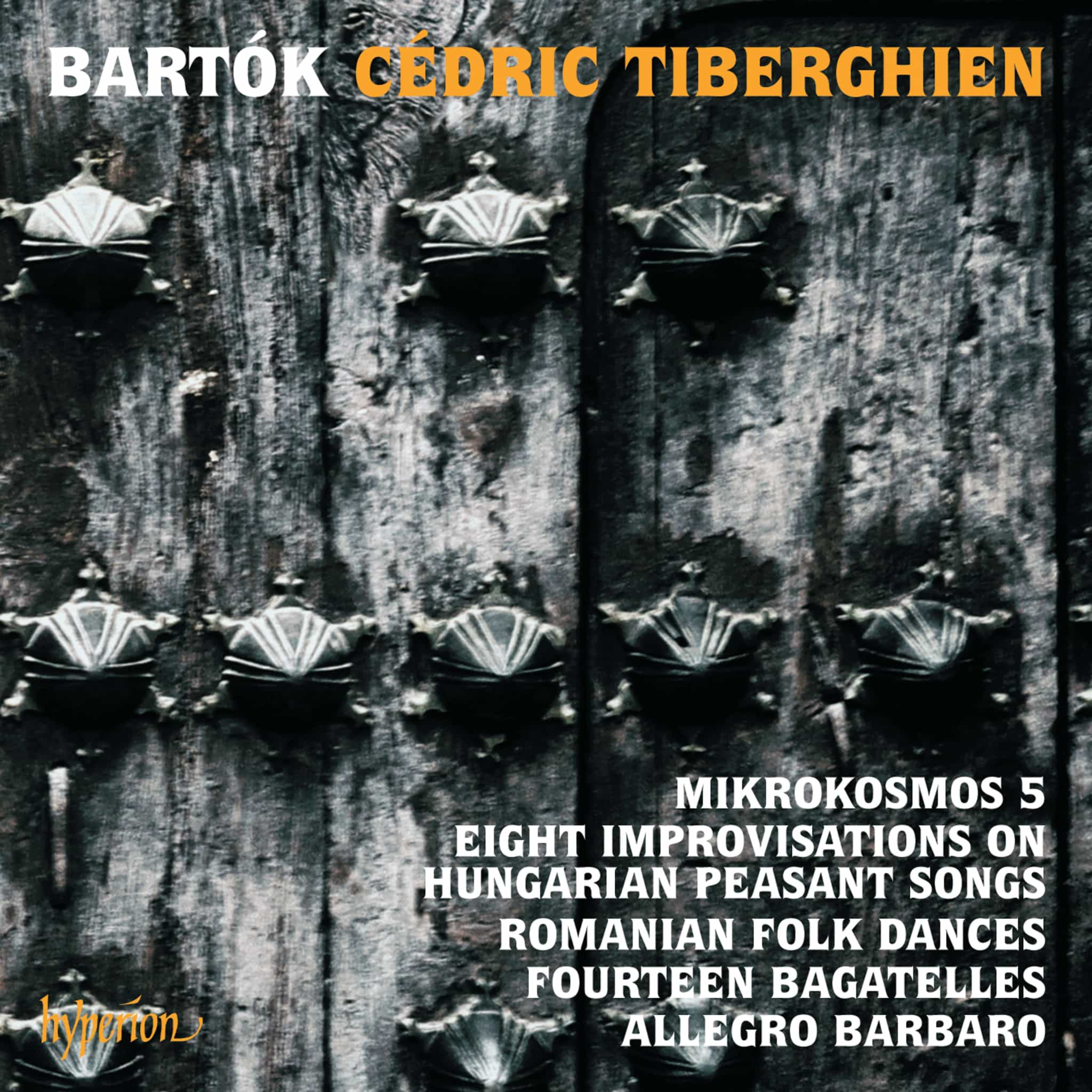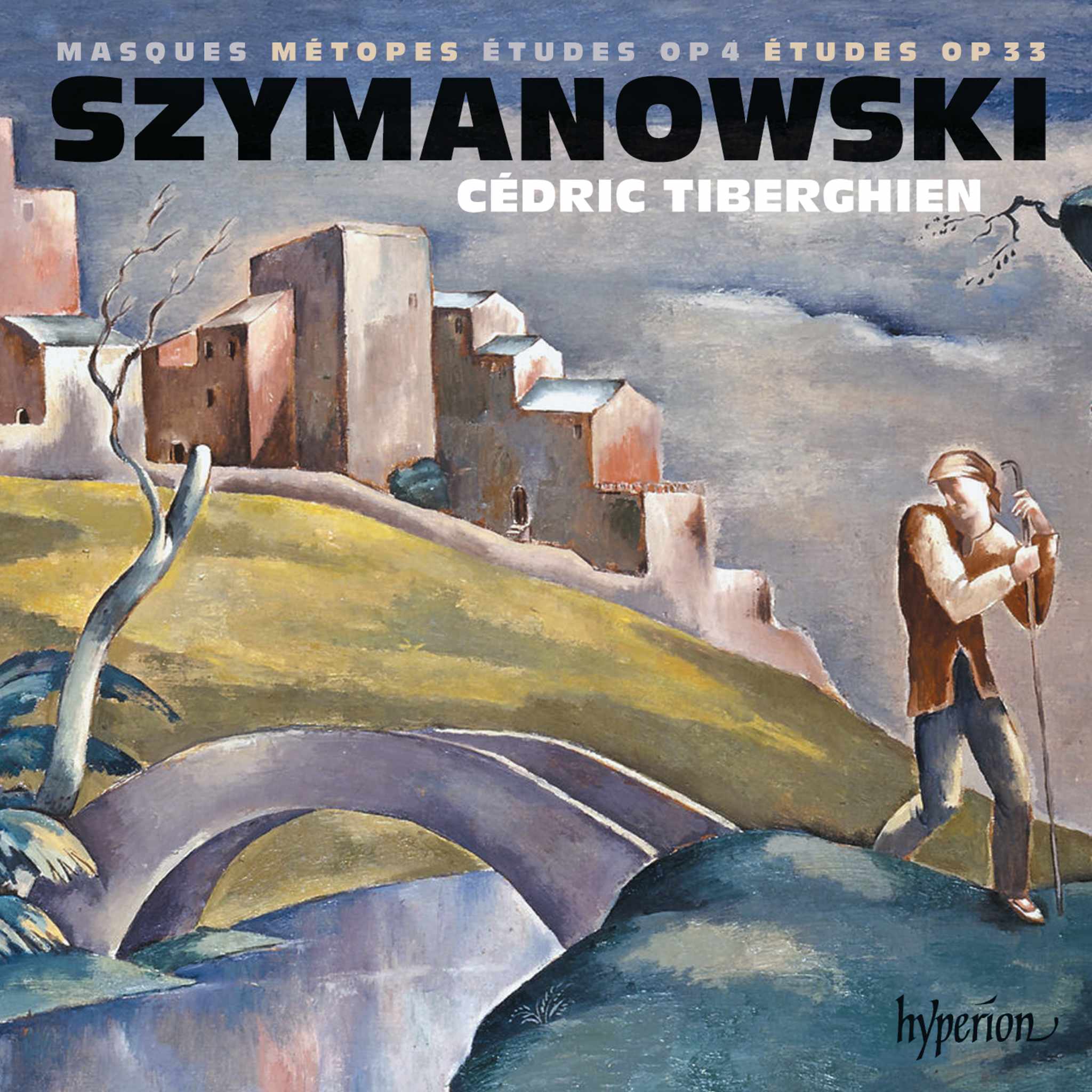In 1907, Bartók traveled to Csík County, then part of the Kingdom of Hungary, located in Transylvania. The reason for this trip was his love for the violinist Stefi Geyer, to whom he dedicated his first violin concerto. For two months, he collected numerous folk melodies in this region inhabited by the Székelys, a Hungarian ethnic group. Among the pieces he discovered were three short tunes played for him on a peasant flute by Áron Balog. Bartók preserved these melodies in his "Three Hungarian Folk Songs from Csík County," recording them in their original form.
The Sonatina, composed in 1915, is among Bartók's most popular works and is frequently heard in the orchestral version "Dances from Transylvania." Bartók had notated the five folk tunes it contains in Transylvania between 1910 and 1914. His virtuosity is also evident in the études he composed in 1918, which are among his most radical experiments. The second étude may be reminiscent of Debussy, while the last étude is notable for its demanding time signature changes and technical challenges.
In 1926, Bartók created significant works such as his first piano concerto, "In the Open Air," and the Piano Sonata. With his Sonata for Two Pianos and Percussion, composed in 1937, he set new standards; it combines jazz elements with an unusual instrumentation. The three-movement sonata is characterized by its independent themes and structures. This work remained a staple of his repertoire until Bartók's last public performance in 1943 and documents the constant evolution of his style.



